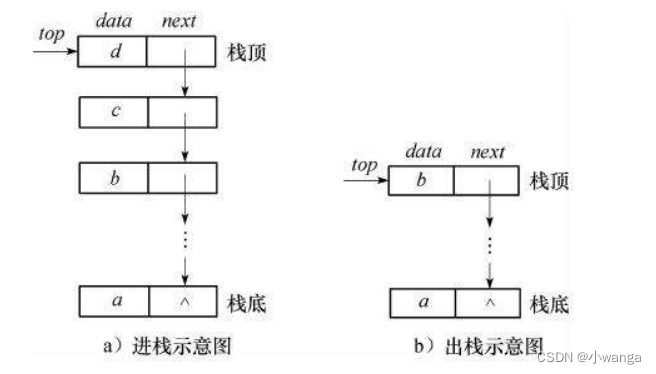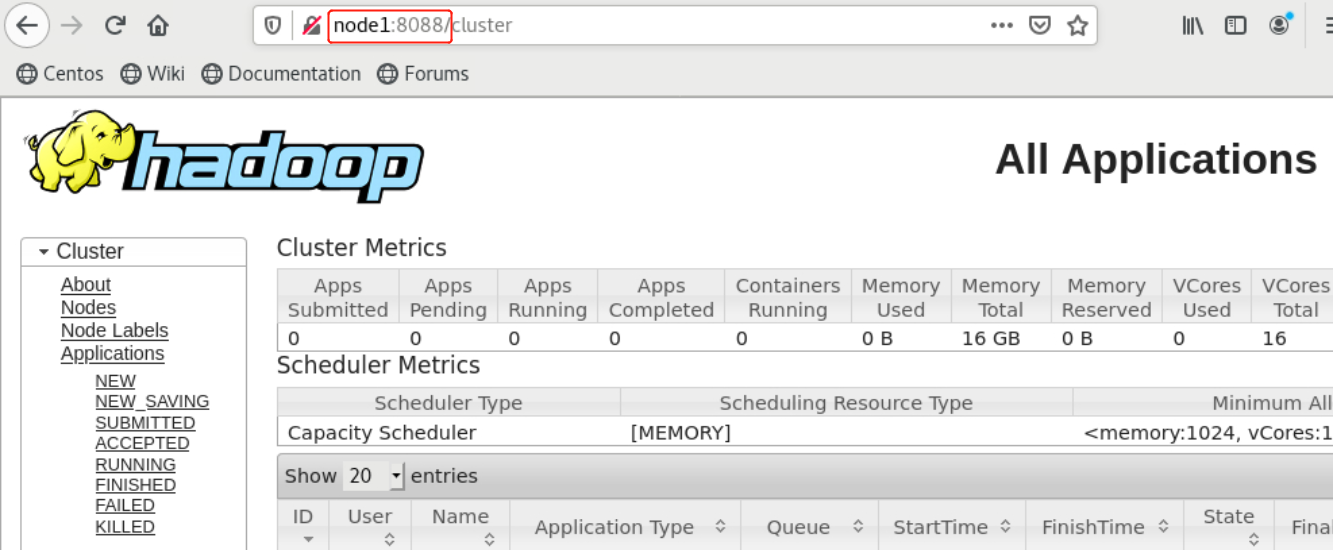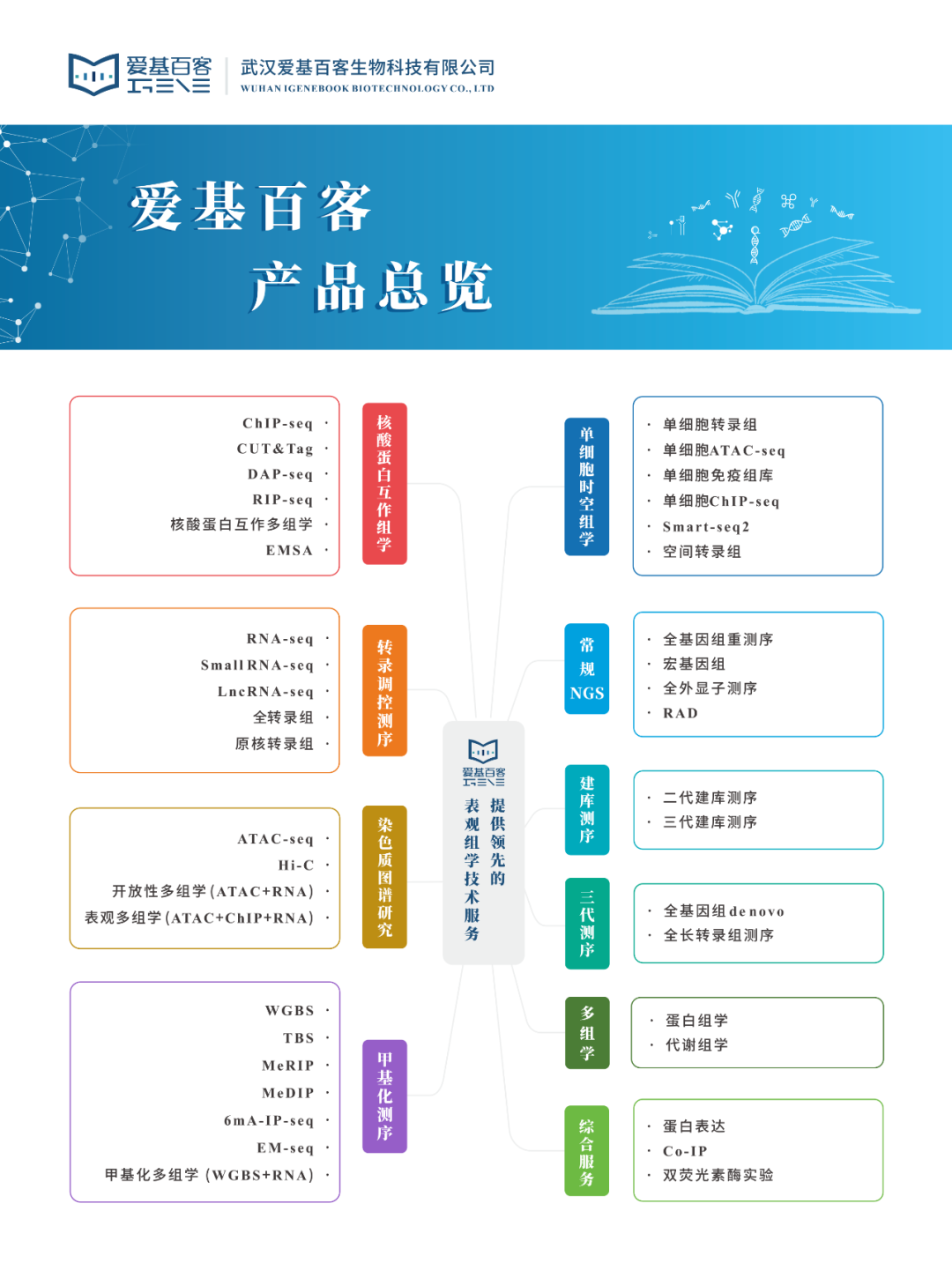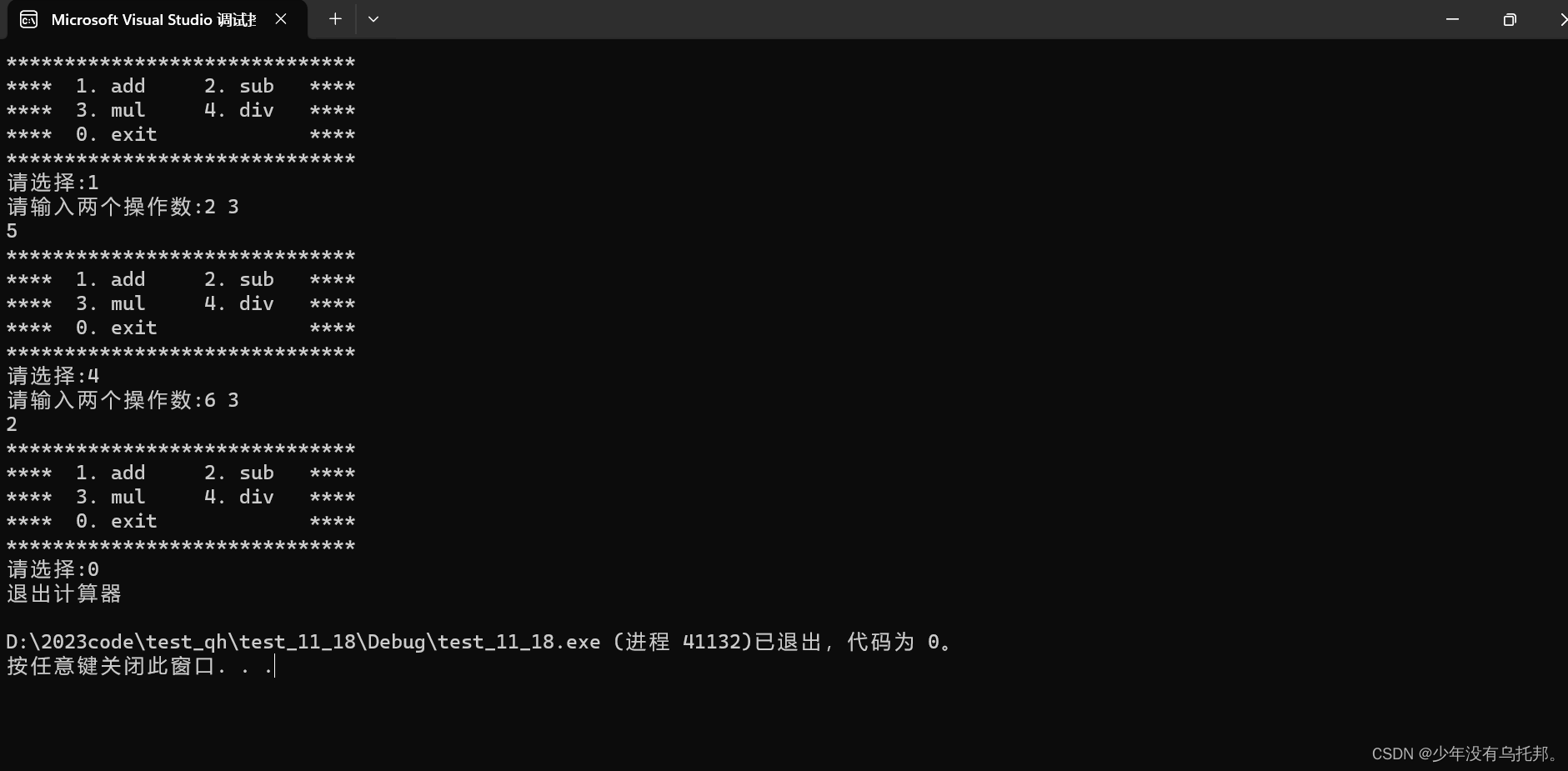文章目录
- 1.栈
- 1.1 栈的概念及结构
- 1.2 栈的实现
- 1.3 代码实现
1.栈
1.1 栈的概念及结构
栈:一种特殊的线性表,其只允许在固定的一端进行插入和删除元素操作。进行数据插入和删除操作的一端称为栈顶,另一端称为栈底。栈中的数据元素遵守先进后出LIFO(Last In First Out)的原则。
压栈:栈的插入操作叫做进栈/压栈/入栈/,入数据在栈顶。
出栈:栈的删除操作叫做出栈,出数据也在栈顶。
1.2 栈的实现
栈的实现一般可以使用数组或者链表实现,相对而言数组的结构实现更优一些。因为数组在尾上插入数据的代价比较小。

1.3 代码实现
代码共含三个文件,分别为Stack.h(头文件和函数声明), Stack.c(函数实现) Test.c(main函数和执行测试)
//Stack.h(头文件和函数声明)
#pragma once
#include <stdio.h>
#include <assert.h>
#include <stdlib.h>
typedef int STDataType;
typedef struct Stack
{
STDataType* _a;
int _top; //栈顶下标
int _capacity;
}Stack;
//初始化和销毁
void StackInit(Stack* pst);
void StackDestory(Stack* pst);
//入栈
void StackPush(Stack* pst, STDataType x);
//Pop
void StackPop(Stack* pst);
//Size
int StackSize(Stack* pst);
//Empty
int StackEmpty(Stack* pst);
//Top
STDataType StackTop(Stack* pst);
//Stack.c(函数实现)
#define _CRT_SECURE_NO_WARNINGS 1
#include "Stack.h"
//初始化和销毁
void StackInit(Stack* pst)
{
assert(pst);
pst->_a = malloc(sizeof(STDataType) * 4);
pst->_top = 0;
pst->_capacity = 4;
}
void StackDestory(Stack* pst)
{
assert(pst);
free(pst->_a);
pst->_a = NULL;
pst->_top = pst->_capacity = 0;
}
//入栈
void StackPush(Stack* pst, STDataType x)
{
assert(pst);
if (pst->_top == pst->_capacity)
{
pst->_capacity *= 2;
STDataType* tmp = (STDataType*)realloc(pst->_a, sizeof(STDataType) * pst->_capacity);
if (tmp == NULL)
{
printf("内存不足");
exit(-1);
}
else
{
pst->_a = tmp;
}
}
// 确保在增加 _top 之前写入元素
pst->_a[pst->_top] = x;
pst->_top++; // 移动栈顶指针
}
//Pop
void StackPop(Stack* pst)
{
assert(pst);
assert(pst->_top > 0);
pst->_top--;
}
//Size
int StackSize(Stack* pst)
{
assert(pst);
return pst->_top;
}
//Empty
int StackEmpty(Stack* pst)
{
assert(pst);
return !pst->_top;
}
//Top
STDataType StackTop(Stack* pst)
{
assert(pst);
assert(pst->_top > 0);
return pst->_a[pst->_top-1];
}
//Test.c(main函数和执行测试)
#define _CRT_SECURE_NO_WARNINGS 1
#include "Stack.h"
void TestStack()
{
Stack st;
StackInit(&st);
StackPush(&st, 1);
StackPush(&st, 2);
StackPush(&st, 3);
StackPush(&st, 4);
//StackDestory(&st);
while (!StackEmpty(&st))
{
printf("%d", StackTop(&st));
StackPop(&st);
}
printf("\n");
}
int main()
{
TestStack();
return 0;
}



















